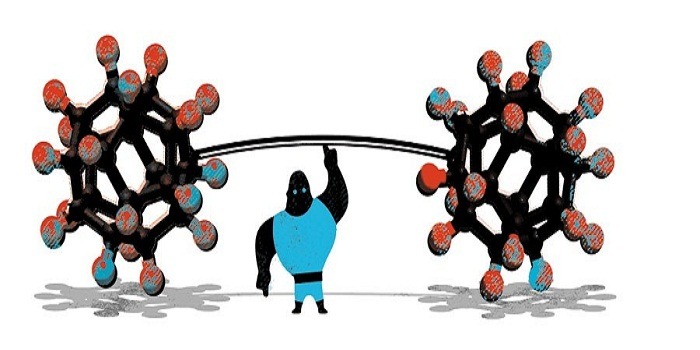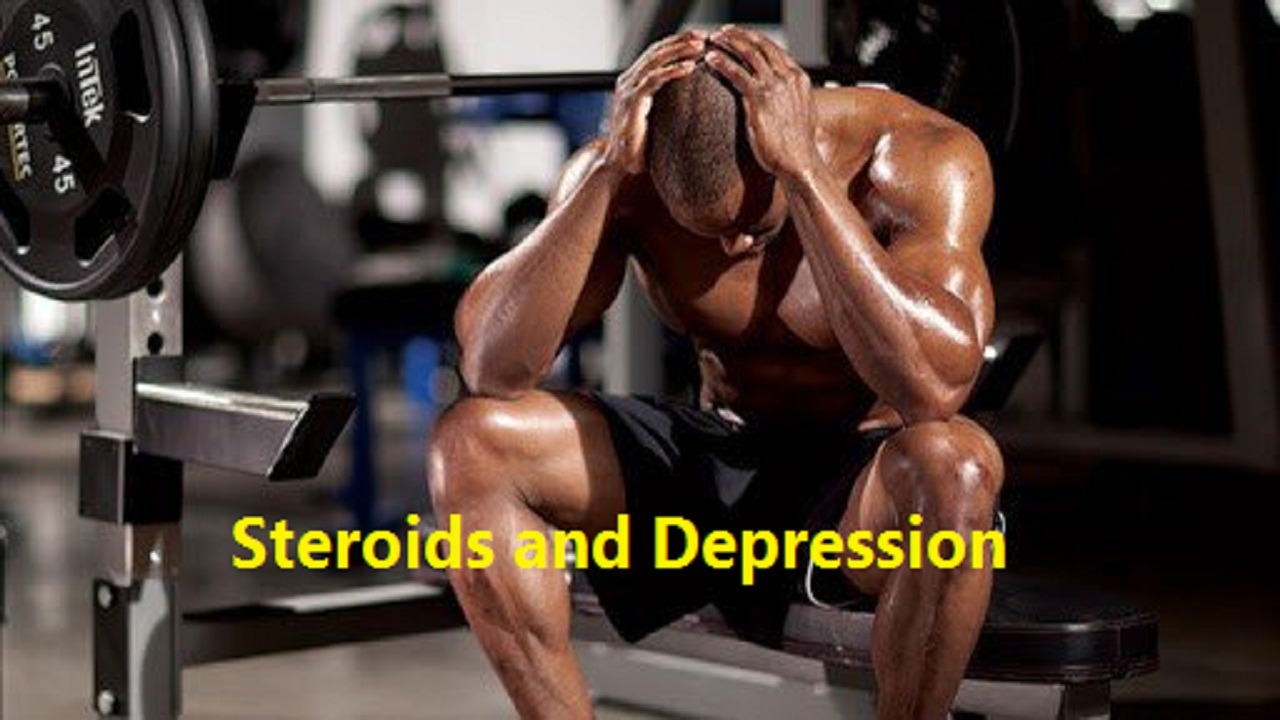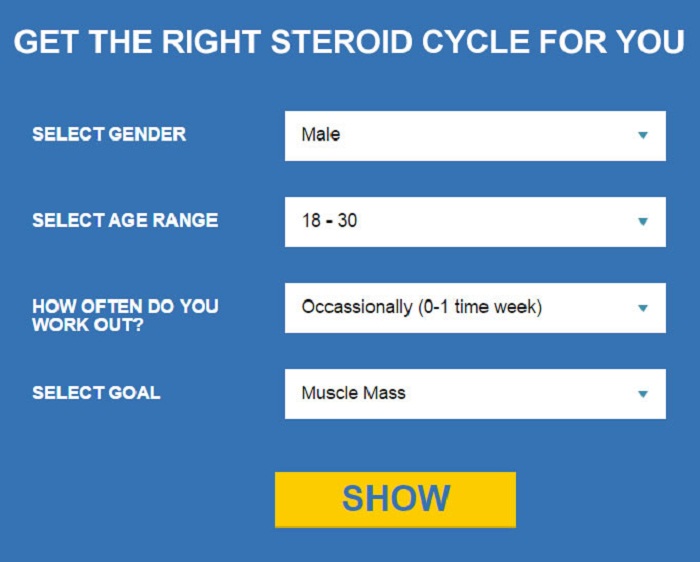Steroids and Depression
Contents
- 1 Steroids and Depression
- 2 Understanding Steroids
- 3 Steroids and Depression: Unpacking the Link
- 4 Scientific Studies on Steroids and Depression
- 5 Psychological Impact of Steroid Use
- 6 Individual Variability: Not Everyone Reacts the Same
- 7 Navigating the Stigma: Mental Health and Steroid Use
- 8 Prevention and Intervention Strategies
- 9 Ethical Considerations in Sports and Fitness
- 10 Frequently Asked Questions (FAQs)
- 11 Conclusion
Steroids, a class of compounds with pivotal roles in the body, have become a focal point of discussion not only for their visible impact on physical performance but also for their potential effects on mental health, specifically in relation to depression. In this extensive article, we aim to delve deeper into the intricate relationship between steroids and depression, offering a thorough exploration of scientific evidence, psychological implications, and the broader context surrounding this contentious topic.
Related Article: Steroids And Hair Loss | Causes And Prevention After Steroid Cycle
Understanding Steroids
What Are Steroids?
Steroids, encompassing hormones and lipids, play diverse roles in various physiological processes. Anabolic-androgenic steroids (AAS), often associated with muscle growth and athletic performance, mimic the effects of testosterone.
Medical Uses vs. Misuse
While steroids are legitimately prescribed for conditions like hormonal deficiencies and muscle-wasting diseases, their misuse in the context of sports or bodybuilding raises concerns about potential health risks. Navigating the thin line between therapeutic use and abuse is crucial for understanding the multifaceted consequences of steroids.
Steroids and Depression: Unpacking the Link

Biological Mechanisms
Scientific research suggests that steroids can impact the central nervous system, potentially contributing to mood disturbances. The intricate interplay between steroids and neurotransmitters like serotonin and dopamine is a key focus, shedding light on the mechanisms underlying mood regulation and potential disruptions leading to depression.
Hormonal Imbalance
Steroid use can disrupt the delicate hormonal balance in the body, with fluctuations in testosterone levels being a hallmark. Understanding these hormonal imbalances is pivotal for comprehending the potential link between steroids and depression.
Scientific Studies on Steroids and Depression
Clinical Evidence
Examining scientific literature reveals studies investigating the correlation between steroid use and depression. From controlled experiments to observational studies, the nuanced results underscore the complexity of this relationship, emphasizing the need for a careful interpretation of findings.
Long-Term Effects
The exploration of the long-term effects of steroid use uncovers a spectrum of psychiatric symptoms, including depression. Establishing duration and dosage thresholds that may lead to these effects is critical for a nuanced understanding of the potential mental health consequences associated with prolonged steroid use.
Psychological Impact of Steroid Use
Body Image Concerns
Beyond physiological effects, the psychological impact of steroid use cannot be overlooked. Body image concerns, potentially exacerbated by societal expectations, contribute significantly to mental health struggles. This section delves into the psychological dimensions of steroid-induced body image issues and their implications for mental well-being.
Dependency and Withdrawal
Psychological dependence on steroids and the challenges associated with withdrawal introduce another layer to the mental health aspect of steroid use. Understanding the psychological intricacies of dependence provides valuable insights into the potential risks and challenges individuals may face.
Individual Variability: Not Everyone Reacts the Same

Genetic Factors
Genetic predispositions play a significant role in determining how individuals respond to steroids. This exploration of the interplay between genetics and steroid-induced mood changes sheds light on the wide variability in individual reactions. Recognizing genetic factors is essential for tailoring interventions and understanding why responses to steroids can differ dramatically.
Psychosocial Factors
Environmental factors, such as pre-existing mental health conditions, social support, and stress levels, can significantly influence how steroids impact an individual’s mental state. Unraveling the complex interplay between psychosocial factors and steroid-induced mood changes offers a holistic perspective on the diverse responses observed in different individuals.
Breaking the Silence
The stigma surrounding mental health and steroid use often hinders open dialogue. Addressing this stigma is crucial for fostering understanding and providing support to those facing mental health challenges related to steroids.
Support Systems
Building robust support systems that include mental health professionals, friends, and family is essential for individuals navigating the complex terrain of steroid use and its potential mental health consequences. This section provides practical insights into establishing and maintaining effective support networks.
Prevention and Intervention Strategies
Education and Awareness
Increasing awareness about the potential mental health effects of steroids is a pivotal step in prevention. Education campaigns targeting athletes, bodybuilders, and the general public contribute to informed decision-making. This section explores the importance of education and awareness as proactive measures to address the potential risks associated with steroid use.
Integrated Care Approaches
In cases where steroid use becomes problematic, an integrated care approach that combines medical, psychological, and social interventions can be highly effective. This section provides a comprehensive overview of integrated care strategies, emphasizing the importance of addressing both the physical and mental aspects of steroid-related issues.
Ethical Considerations in Sports and Fitness
Performance Enhancement Dilemma
The use of steroids in sports raises ethical questions about fairness, integrity, and athlete health. This section delves into the ethical considerations surrounding performance enhancement, exploring the delicate balance between competitive goals and the potential health risks associated with steroid use.
Balancing Physical and Mental Well-being
Striking a balance between physical performance goals and mental well-being is a challenge faced by many athletes. This section provides insights into the importance of adopting a holistic approach to health in sports and fitness culture, acknowledging the interconnectedness of physical and mental well-being.
Frequently Asked Questions (FAQs)
1. Can Steroid Use Lead to Depression?
The relationship between steroids and depression is complex and varies among individuals. While some studies suggest a potential link, factors such as dosage, duration of use, and individual susceptibility play crucial roles.
2. Are Steroids Prescribed for Depression?
Steroids are not typically prescribed as a primary treatment for depression. However, they may be used in certain medical conditions where hormonal imbalances contribute to depressive symptoms.
3. How Long Does It Take for Steroids to Affect Mental Health?
The timing of mental health effects can vary. Acute mood changes may occur shortly after starting steroid use, while long-term effects, including depression, may manifest over an extended period.
4. Can Steroid-Induced Depression Be Reversed?
With appropriate intervention, including discontinuation of steroid use and mental health support, some individuals may experience an improvement in mood. However, the reversibility of steroid-induced depression depends on various factors, including the severity of symptoms and individual response to treatment.
5. Is Steroid-Induced Depression Permanent?
In some cases, discontinuing steroid use may lead to the resolution of depressive symptoms. However, for others, especially in cases of long-term use, the impact on mental health may persist. Seeking professional guidance is crucial for a comprehensive assessment and tailored treatment.
6. What Are the Signs of Steroid-Induced Depression?
Signs may include changes in mood, sleep disturbances, loss of interest in activities, and changes in appetite. It’s essential to be aware of these signs and seek professional help if they persist.
7. Are Some Individuals More Susceptible to Steroid-Induced Depression?
Yes, individual susceptibility varies. Genetic factors, pre-existing mental health conditions, and psychosocial factors can contribute to differences in how people respond to steroids in terms of mental health.
8. Can Steroids Help Treat Depression?
While steroids are not considered a primary treatment for depression, they may be used in certain cases where hormonal imbalances are a contributing factor. However, the efficacy of steroids as a treatment for depression is still a subject of research and debate.
9. How Can One Mitigate the Risk of Steroid-Induced Depression?
Mitigating the risk involves responsible use, under medical supervision, and being mindful of dosage and duration. Regular mental health check-ins, especially for those with pre-existing conditions, are crucial.
10. Are There Support Groups for Individuals Dealing with Steroid-Induced Depression?
Yes, there are support groups and online communities where individuals facing similar challenges can share experiences and provide mutual support. Seeking guidance from mental health professionals is also advisable for personalized assistance.
Conclusion
In navigating the intricate web of steroids and depression, it is evident that the relationship extends beyond the visible physical changes. Biological mechanisms, psychological factors, and societal influences contribute to the complex tapestry of this issue. By fostering open dialogue, promoting awareness, and prioritizing integrated care, we can strive toward a more comprehensive and compassionate approach to the intersection of steroids and mental health. This expanded exploration, coupled with FAQs, aims to equip readers with a nuanced understanding and address common queries, encouraging further research and supporting those navigating the challenges associated with steroids and depression.



